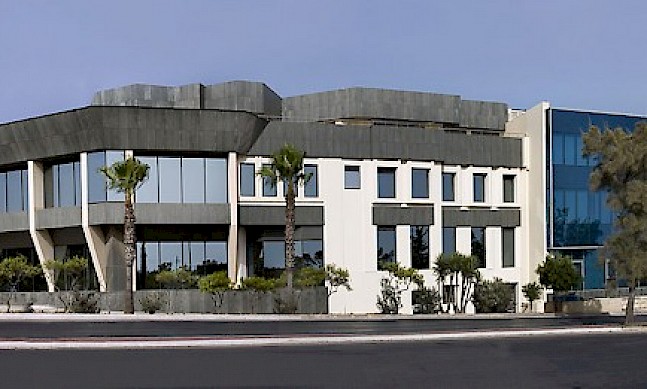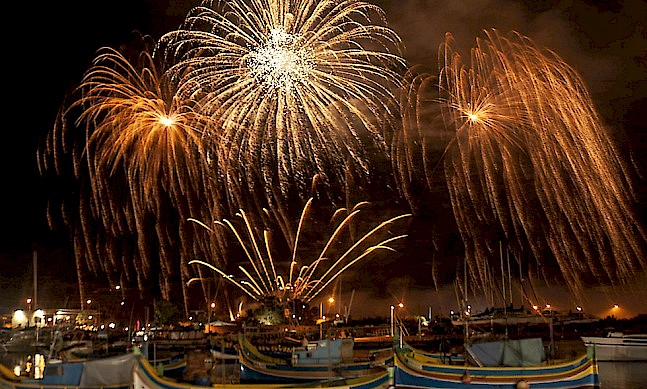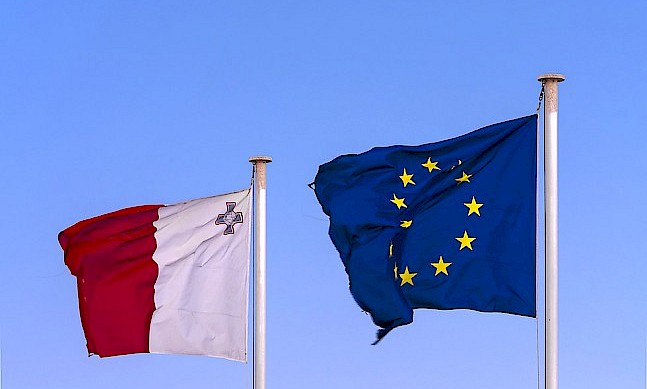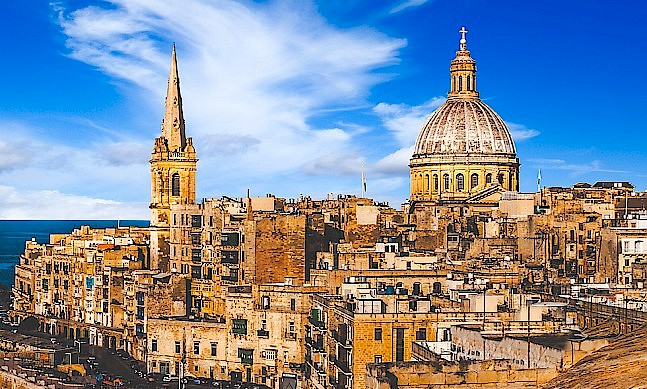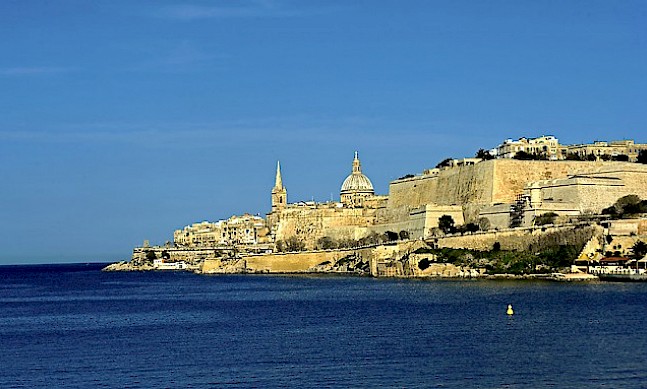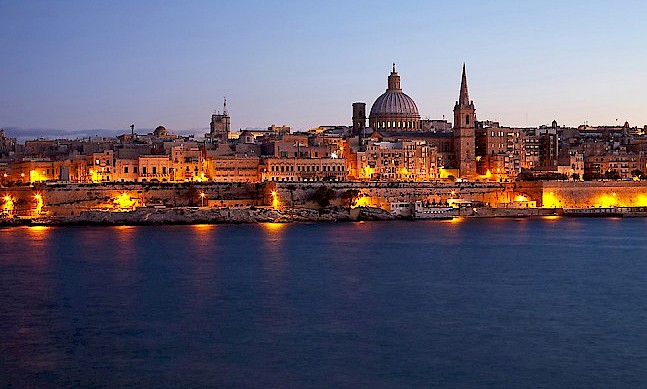Malta’s short-to-medium economic prospects are the envy of many of its fellow European Union states.
Brussels is forecasting the island nation’s GDP growth to come in at 3.6 percent this year, well above the average for the 28-member bloc of 1.5 percent. The current strength of the domestic economy is also witnessed in an enviable unemployment rate of below six percent.
Malta obviously was not immune to the 2007 global crisis, but weathered it better than others did. It suffered a brief and relatively mild recession before returning to growth the following year. At the same time, it eschewed the clarion call for draconian austerity measures, the government opted instead to focus on the twin goals of prompting growth and pursuing fiscal consolidation. As a result, the budget deficit is forecast to fall to 1.8 percent of GDP this year, down from 2.1 percent in 2014.
But as a country with limited resources other than its stunning architecture, its benign southern Mediterranean climate and beaches and its welcoming inhabitants that have made tourism a mainstay of the economy, over the years Malta has had to adapt and forge a future for itself in the modern world.
3.2%
is the European Union’s GDP growth forecast for Malta for 2016
It has done so by creating an innovative, services-based economy, in which about three-quarters of its GDP comes from activities such as tourism, financial services and e-gaming, which have attracted increasing amounts of overseas investment. The key has been in leveraging Malta’s status as an English-speaking gateway to the EU, its stable political and economic environment, its solid, investor-friendly legal and regulatory system and
its educated workforce.
Other areas with further scope for development include, for example, in expanding as an educational destination for overseas students, whether it be to learn English or study medicine.
Given its strategic location at the crossroads of Europe, North Africa and the Middle East, Malta might well develop into an attractive hub for the greater region. However, the biggest threats to that vision and the domestic economy lie in geopolitical concerns such as the ongoing refugee crisis, or an attack by Islamic militants in its territory.


 Malta International Fireworks Festival. Photo: Shutterstock
Malta International Fireworks Festival. Photo: Shutterstock


